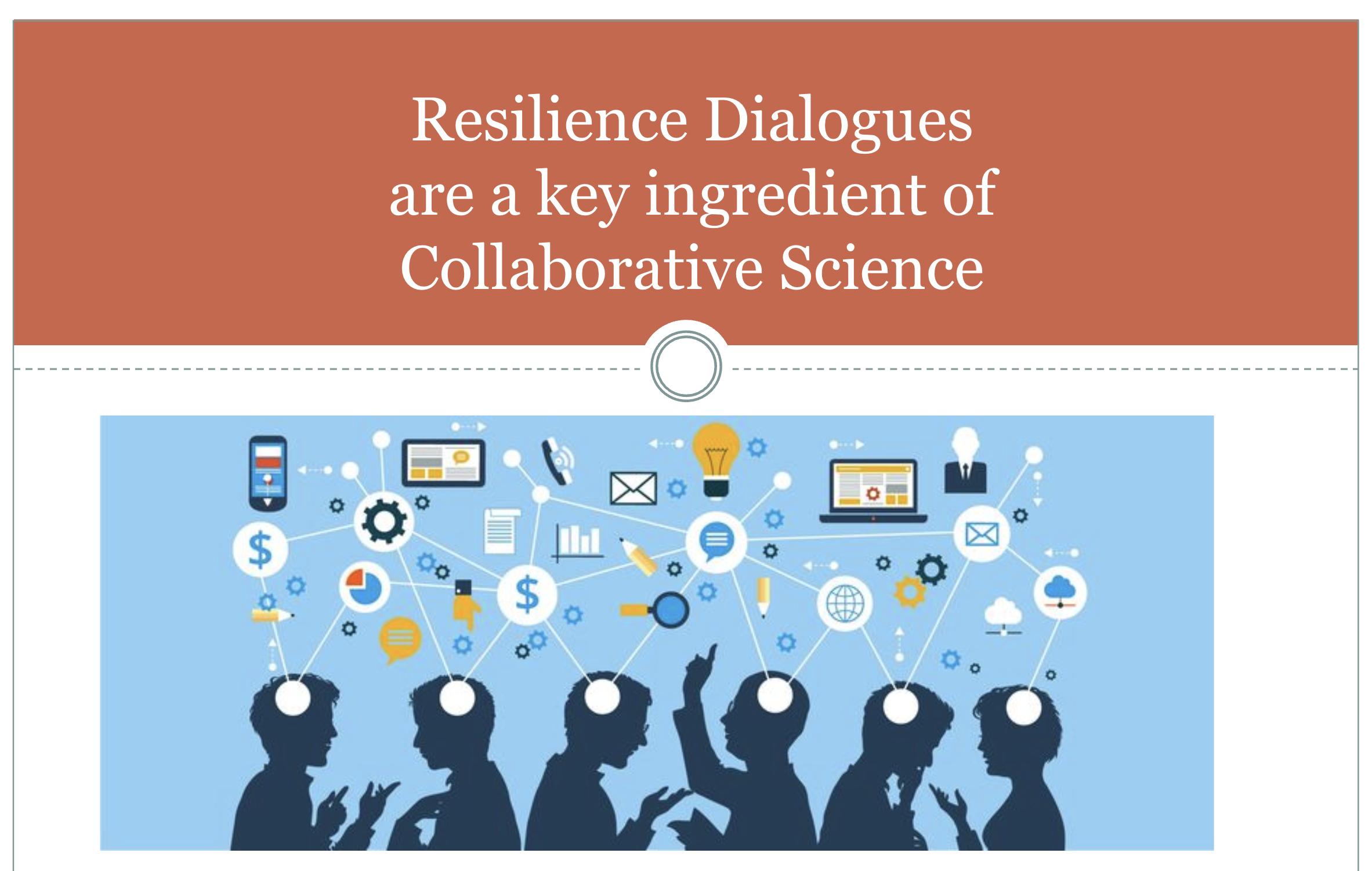 The Resilience Dialogues project captured knowledge and lessons learned from over a decade of innovation in collaborative science within the National Estuarine Research Reserve System. Resilience Dialogues examined conflict and conflict resolution strategies that emerge in collaborative science projects and produced four best practices: adapt the Collaborative Learning approach, conduct a stakeholder assessment, develop a shared language around commonly held values, and reveal mental and cultural models to build common ground.
The Resilience Dialogues project captured knowledge and lessons learned from over a decade of innovation in collaborative science within the National Estuarine Research Reserve System. Resilience Dialogues examined conflict and conflict resolution strategies that emerge in collaborative science projects and produced four best practices: adapt the Collaborative Learning approach, conduct a stakeholder assessment, develop a shared language around commonly held values, and reveal mental and cultural models to build common ground.
About this resource
These case studies provide examples of real world projects that successfully used Resilience Dialogues best practices for collaborative science. Each case study illustrates one best practice and discusses how it was used to manage conflict with diverse stakeholders or within collaborative project teams.
Adapt the Collaborative Learning approach
Case Study: Protecting Our Children's Water: Using Collaborative Learning and Cultural Models to Frame and Implement Ecosystem Management
Conduct a stakeholder assessment
Case Study: Buffer Options for the Bay presentation by Steve Miller
Learn more about the Buffer Options for the Bay project and key findings from its community assessment.
Develop a shared langauge around commonly held values
Case Study: Common Language for the Hudson River Sustainable Shoreline Project presentation by Emilie Hauser
Learn more about the Hudson River Sustainable Shorelines project and terminology developed by Emile Hauser to facilitate trans-disciplinary conversations during this collaborative science project.
Reveal mental and cultural models to build common ground
Case Study: Using Collaborative Learning for Enhanced Climate Change Resilience through the Deal Island Peninsula Project presentation by Elizabeth Van Dolah
Learn more about the Deal Island Peninsula Partnership and the project ’s approach to collaborative learning.